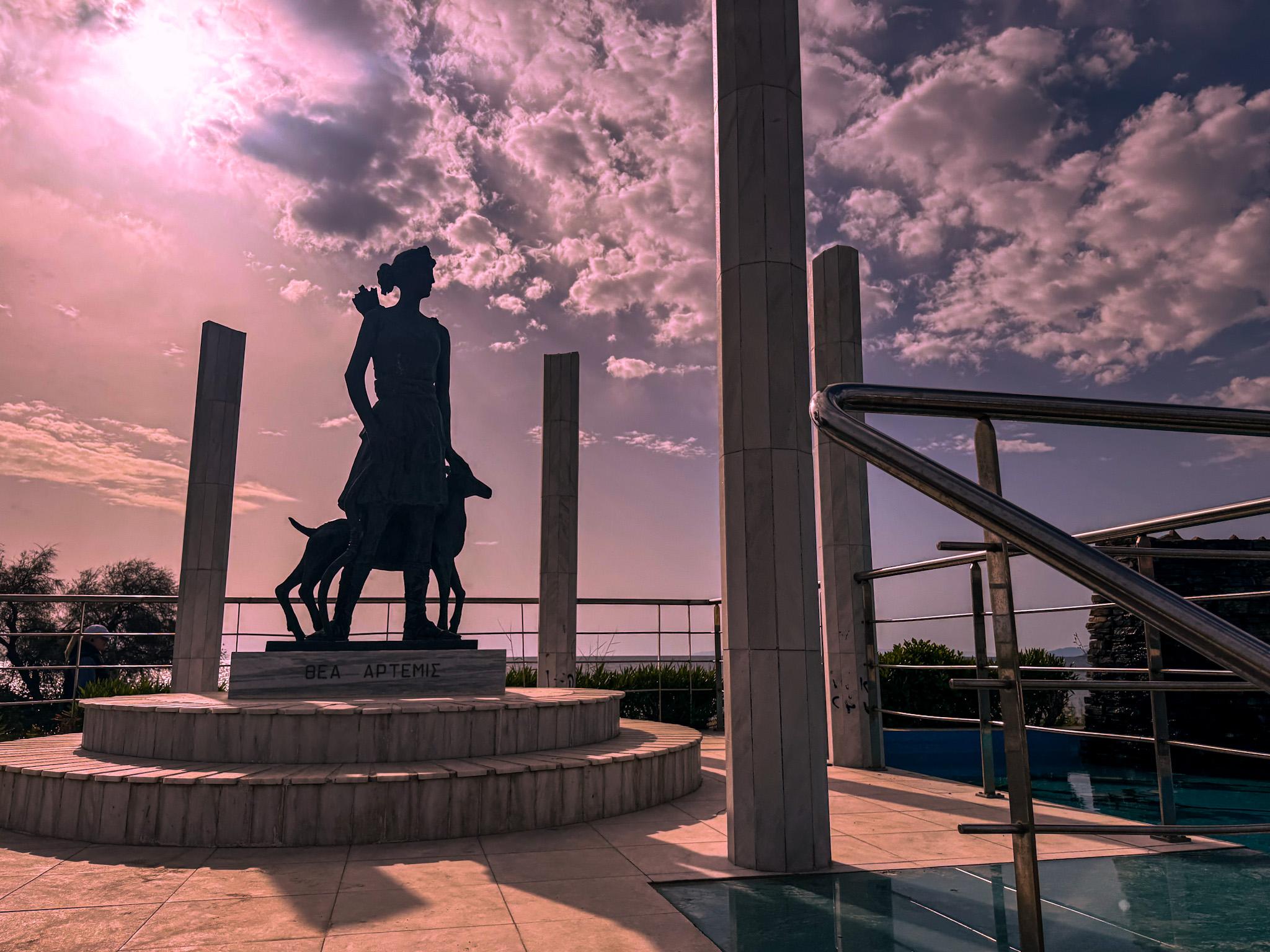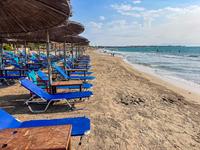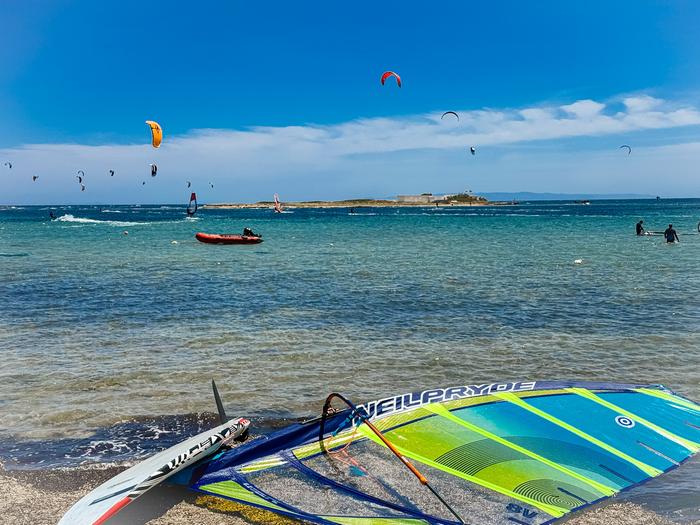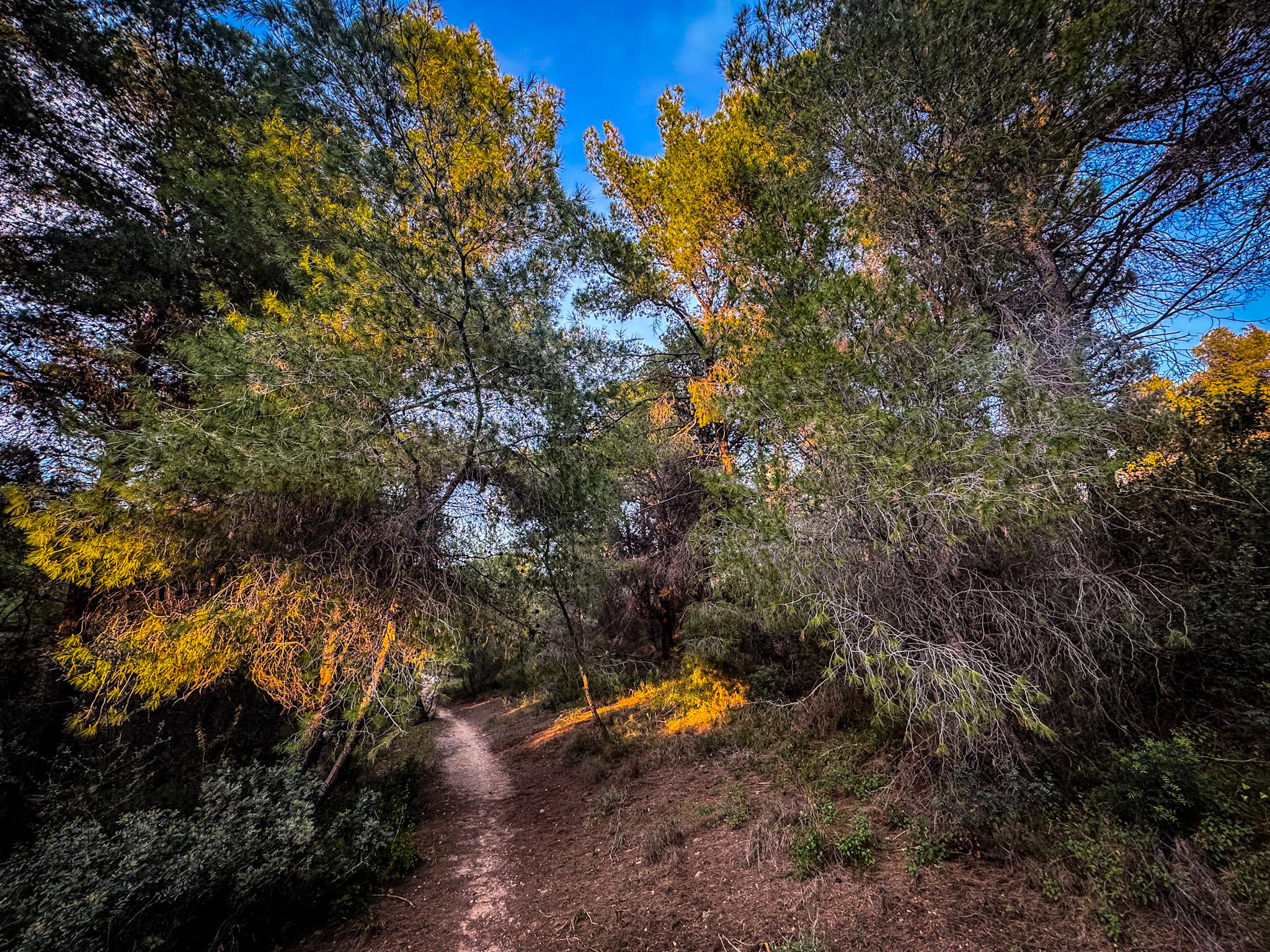
Artemida near Athens - history, mythology, and everyday charm
At first glance, Artemida looks like a peaceful seaside town on the eastern coast of Attica. You’ll find beaches, sunshine, laid-back tavernas, and that classic slow-paced Greek lifestyle. But dig a little deeper, and you’ll discover a place with a surprisingly rich past. Once known as Loutsa, Artemida is where ancient mythology meets modern-day living and the two blend together more naturally than you might think.
Where the name comes from - and yes, it's about water
The name Loutsa probably comes from an Arvanitic word meaning “wetland” - which fits, considering there were once lakes and marshes all around. Another, more local theory says it comes from the Greek word louo, meaning “to bathe.” Also makes sense, given that the sea is literally just steps away.
Today, most people associate the area with beach days and summer homes, but the history of this place stretches way further back - and it gets pretty interesting.
A little myth, a little history
According to Greek mythology, it was right here - in ancient Arafenides - that Orestes and Iphigenia landed after returning from distant Tauris, bringing with them a sacred statue of the goddess Artemis. In that very spot, they built a temple, the ruins of which you can still visit today, not far from the beach.
And this isn't just legend. Historically, Artemis was worshipped here under the name Taurypolos, a version of the goddess connected to rituals, nature, and animal sacrifice. In fact, some ancient sources describe symbolic - though dramatic - human sacrifices performed to honor her. For the ancient Greeks, this was sacred ground. You can still feel the weight of that legacy just by walking around.
From sleepy summer spot to place to call home
For centuries, this area remained quiet and sparsely populated. As late as the 1800s, there were only a few scattered houses, fields, and hills. Loutsa was simply a summer retreat for nearby Spata - a place to escape the city heat, not somewhere people settled long term.
That started to change in the 1970s, when Loutsa officially separated from Spata and was renamed Artemida, a nod to its ancient roots and the goddess herself. That marked the beginning of a new chapter.
Through the 1980s and ‘90s, the town began to grow. Holiday homes popped up, along with small neighborhoods, cafés, and shops. Artemida slowly turned from a seasonal destination into a real place to live. Thanks to its proximity to Athens and the sea, it wasn’t hard to see the appeal.
Growing fast, but not always evenly
In 2001, a major shift happened: Athens’ new international airport opened nearby in Spata. It gave a big boost to the area’s visibility and economy. Artemida expanded quickly - but as is often the case, infrastructure didn’t quite keep up. Schools, roads, and public services lagged behind the population growth. To this day, there are still some growing pains.
Since 2011, Artemida and Spata have officially shared a municipal government. The towns continue to evolve together - but traces of the past are everywhere, from local street names to seaside ruins.
What’s Artemida like today?
These days, Artemida is a friendly, relaxed beach town with everything you need for a comfortable life or a sunny escape. In the summer, it fills with visitors, Athenians on weekend trips, and families looking for a less touristy vibe. Off-season, it goes back to being calm and wonderfully local.
The main part of town stretches along the beach - still casually referred to as Loutsa by locals - and branches into cozy neighborhoods like Brawrona, Alyki, Agios Nikolaos, and Prasinos Lofos.
Here, you’ll find everything from coffee with a sea view to fresh fish at family-run tavernas, small shops, lots of greenery, and a distinctly Greek rhythm of life. It’s the kind of place where ancient temples and everyday errands share the same zip code - and somehow, it just works.
In Artemida, history isn’t something you visit it’s something you live with, side by side. Whether you come for the beach, the legends, or just a slower pace of life, this little town by the sea has a story worth discovering.








Comments